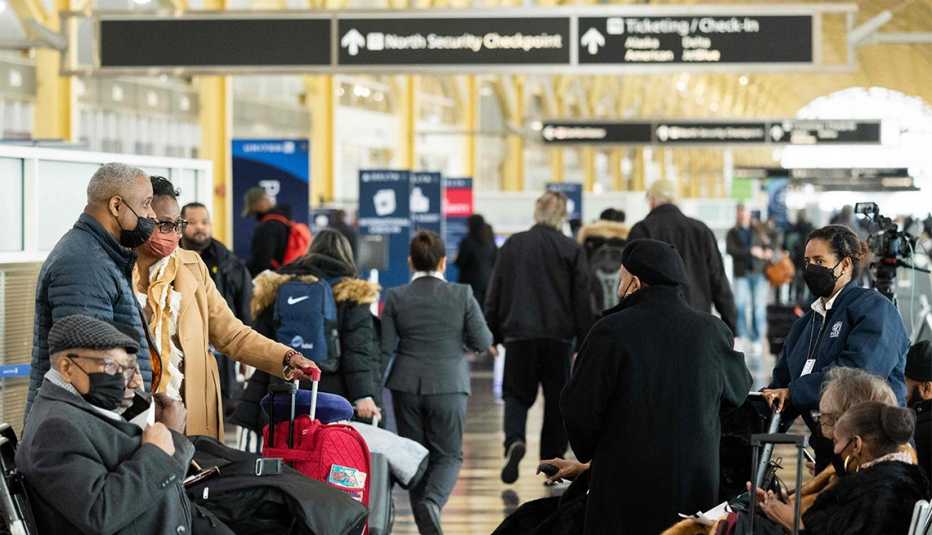AARP Hearing Center
“This is an important reminder to always be checking the requirements for your destination.”
Next year, travelers to Europe will find an unexpected addition to their trip: an entrance fee.
Beginning in November 2023, U.S. visitors to the European Union will be required to pay a seven-euro charge (about $7.13), and must apply for approval before they arrive via a website or app.
The clearance, to be issued by the European Travel Information and Authorization System (ETIAS), can apply to multiple trips, and remains valid for three years or until the traveler’s passport expires, whichever comes first. While the fee won’t be charged to travelers over 70 years old and under 18, everyone still will need to apply for approval.
The fee was announced in 2016 and was originally supposed to roll out in 2021, but was delayed by the global pandemic. Still, few travelers are aware of it. European officials say the new system is meant to enhance security across the continent, and will allow governments to keep better track of who is visiting the 26 countries in the European Union’s Schengen zone, which have open borders for travelers. (The fee and approval aren’t required for travel to the United Kingdom, which has left the European Union.)
“We need to know who is crossing our borders,” former European Commission President Jean-Claude Juncker said in 2016, when he announced the program. “This way we will know who is traveling to Europe before they even get here.”
But for travelers from the U.S. and about 60 other countries, the new entry requirement will bring a new level of inconvenience. “It’s an extra step. It’s no longer just buying a ticket and heading to the airport anymore,” says Melanie Lieberman, global features editor for The Points Guy, a travel information website. “This is an important reminder to always be checking the requirements for your destination.”
Many details have not been finalized, but according to a memo released by the European Commission, travelers will apply for clearance online, which will take about 10 minutes. The form will ask for basic information, such as passport details, place of birth, profession, an email address and phone number. It will also inquire about any criminal records and ask if the traveler has visited conflict zones. It will require a credit or debit card for payment.



































































